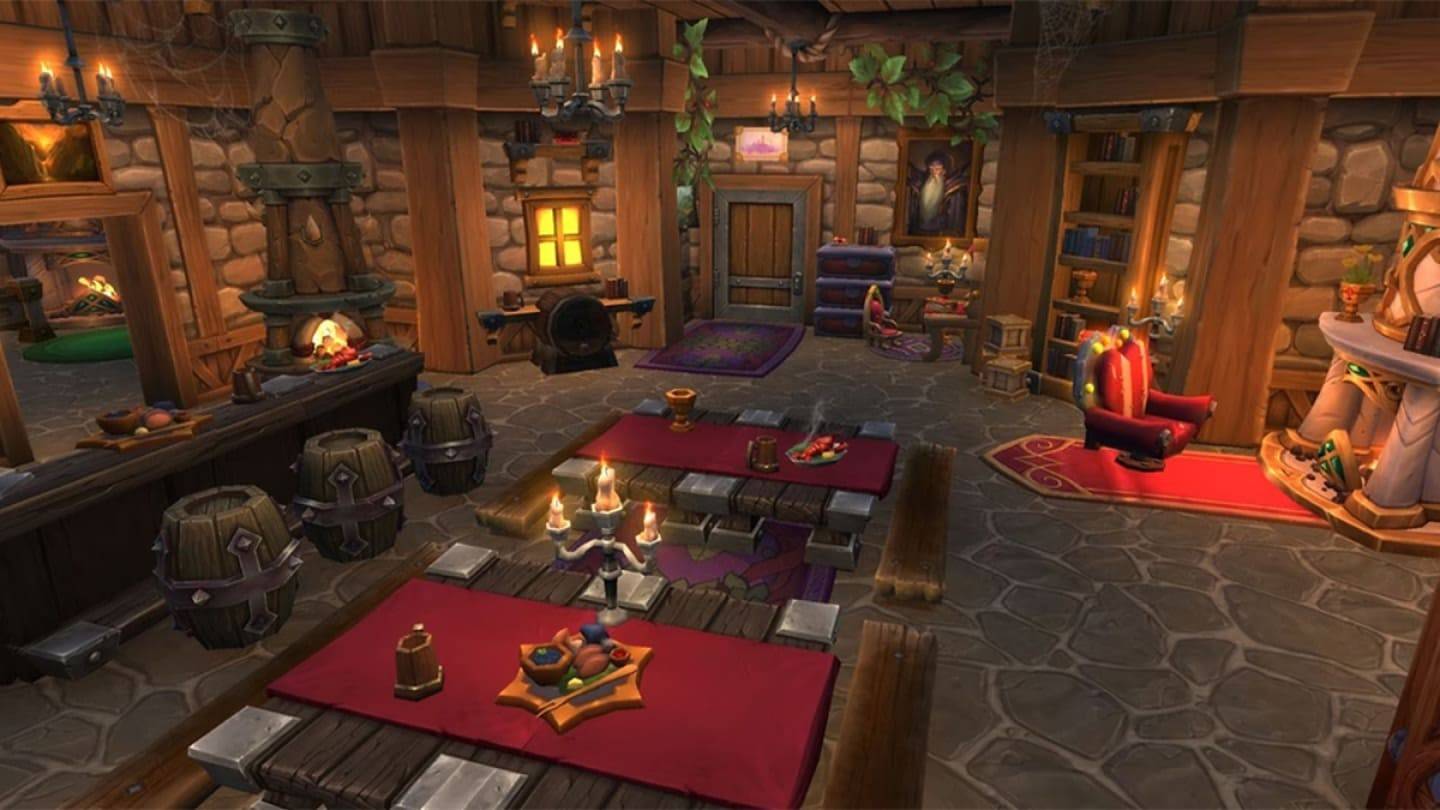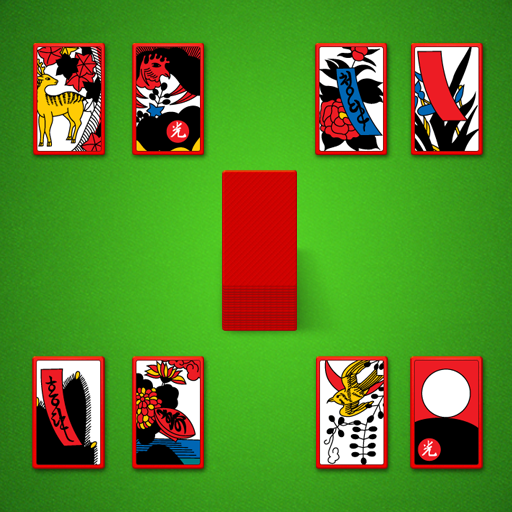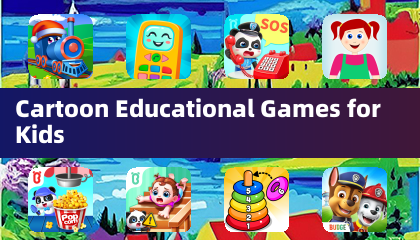
The "AAA" game label is outdated and irrelevant, according to many game developers. Initially signifying massive budgets, high quality, and low failure rates, it's now associated with profit-driven competition that often sacrifices innovation and quality.
Charles Cecil, co-founder of Revolution Studios, calls the term "silly and meaningless," a relic of a time when increased publisher investment negatively impacted the industry. He points to Ubisoft's Skull and Bones, initially touted as a "AAAA" title, as a prime example of the label's failure to guarantee success. A decade of development culminated in a disappointing launch.
Criticism extends to other major publishers like EA, accused by players and developers of prioritizing mass production over player engagement and creative risk-taking.
Conversely, indie studios frequently produce games that resonate more deeply than many "AAA" titles. The success of games like Baldur's Gate 3 and Stardew Valley highlights the importance of creativity and quality over sheer budget.
The prevailing belief is that profit maximization stifles creativity. Developers are hesitant to take risks, leading to a stagnation of innovation in large-scale game development. The industry needs a paradigm shift to recapture player interest and inspire a new generation of creators.































